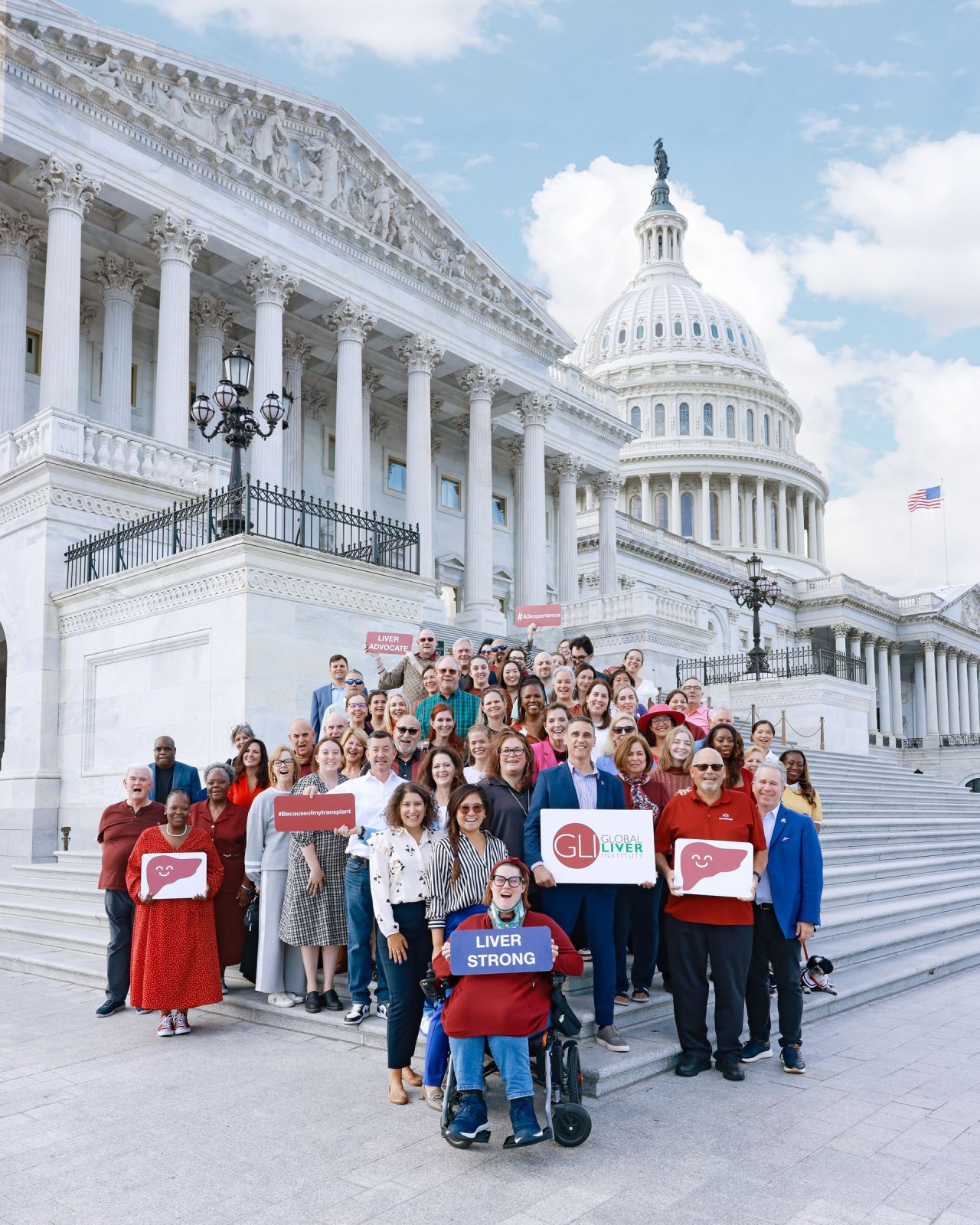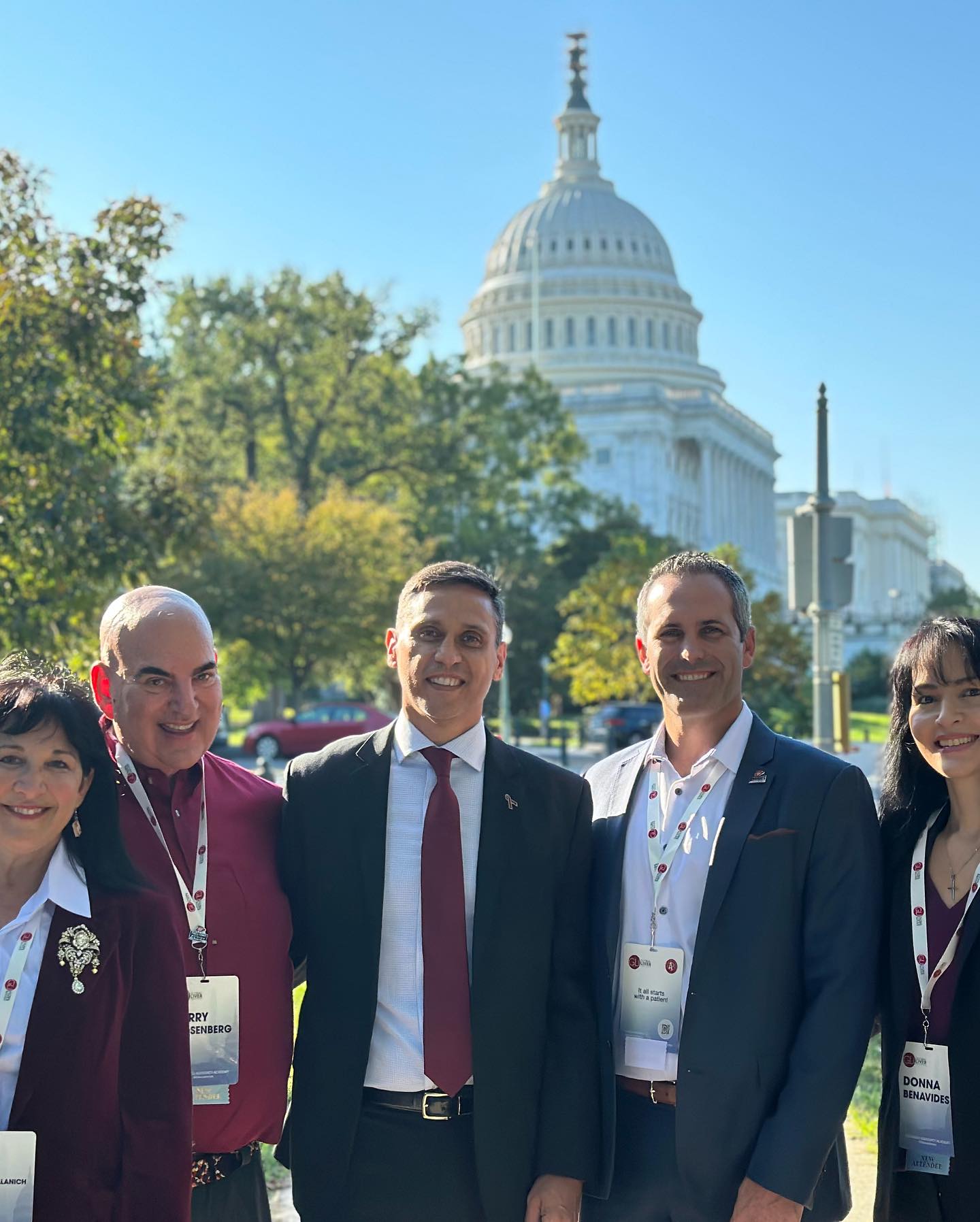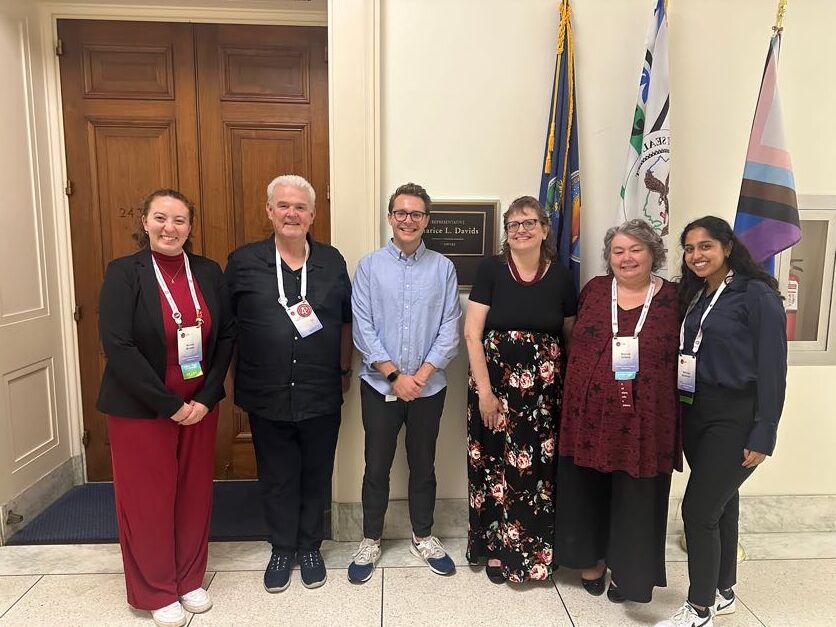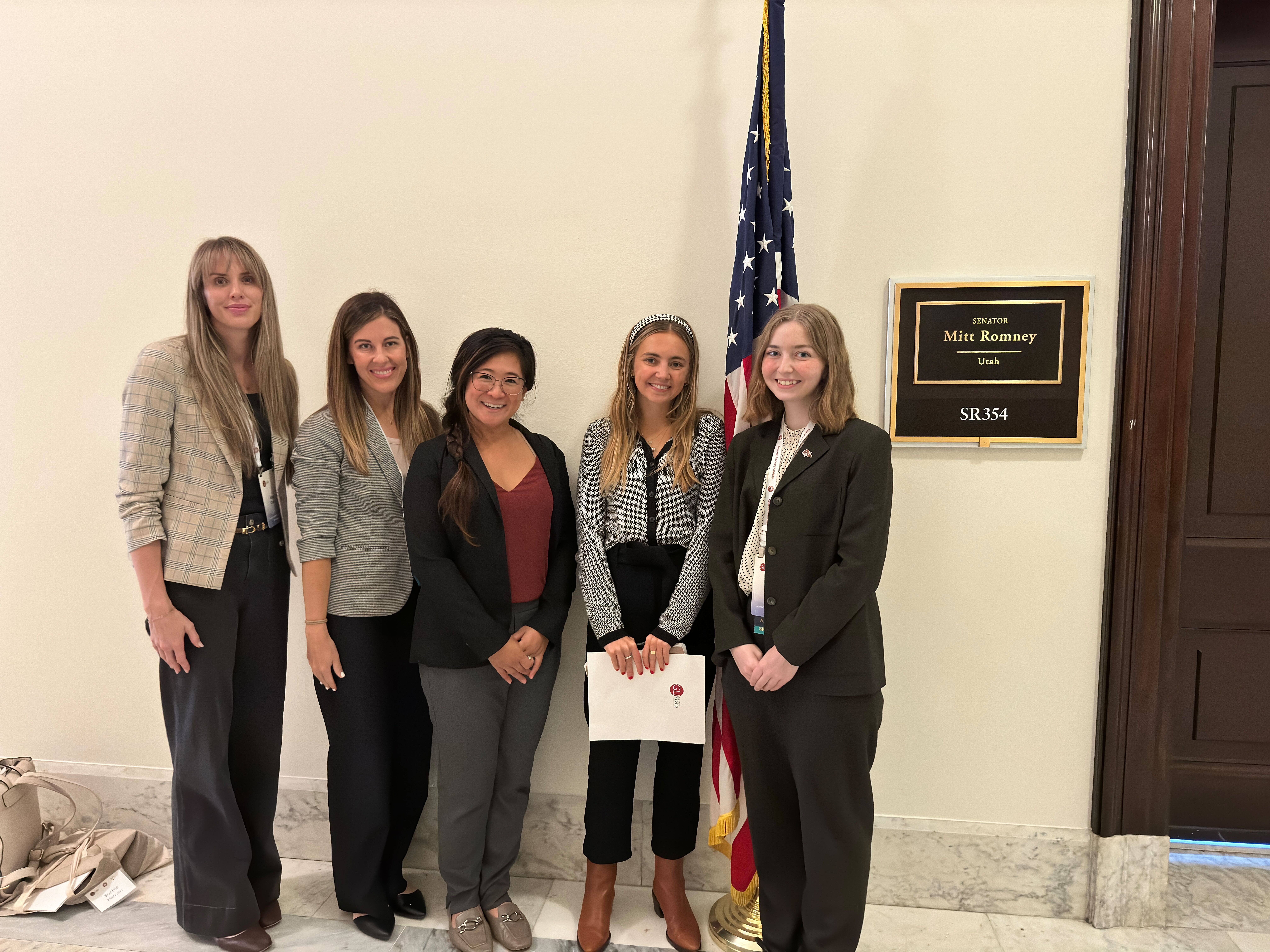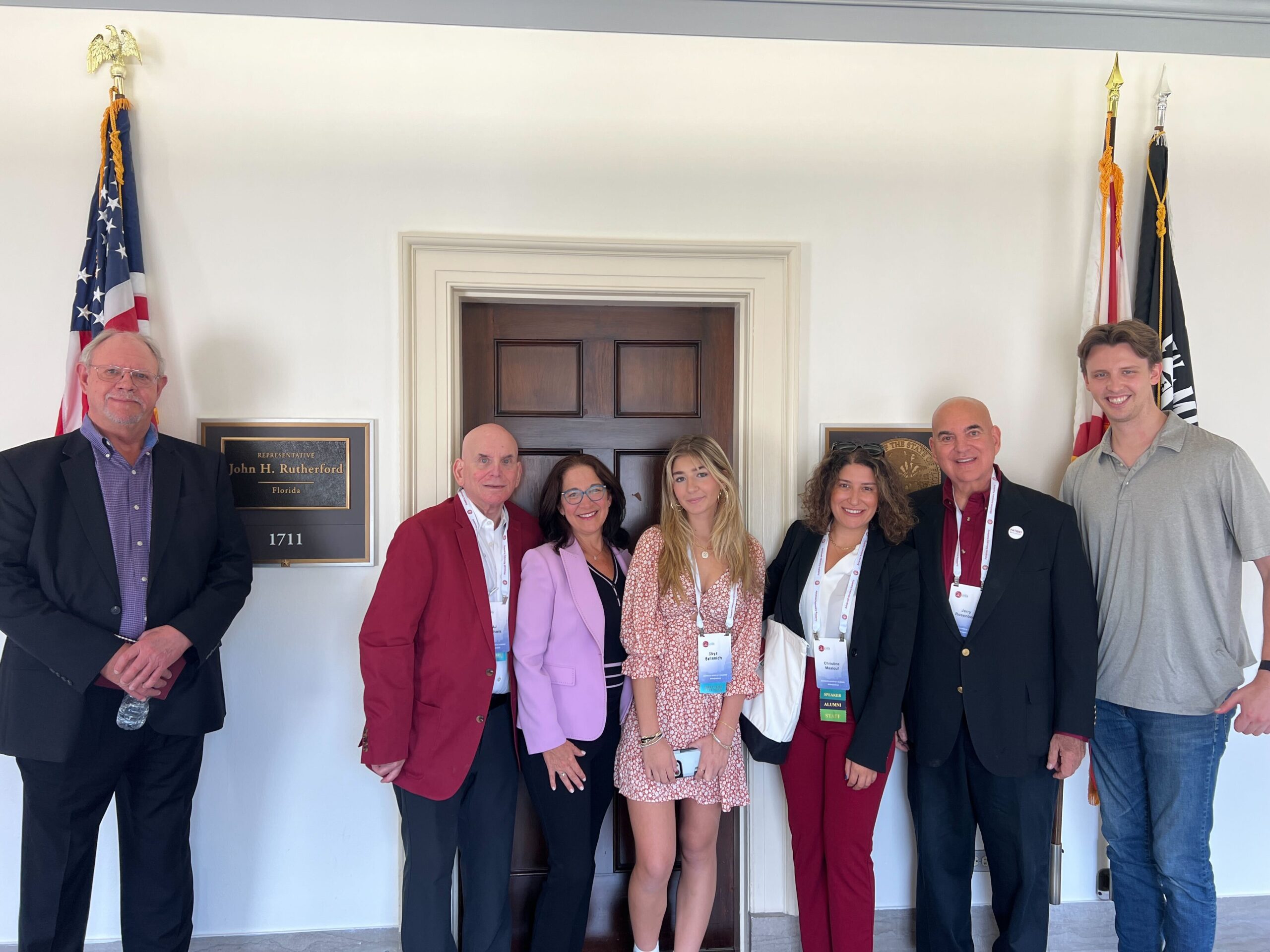Global Liver Institute
Liver Health Policy
GLOBAL LIVER INSTITUTE
U.S Policy Agenda
GLI advocates for the elevation of liver health to its rightful place on the global public health agenda commensurate with its prevalence and impact.
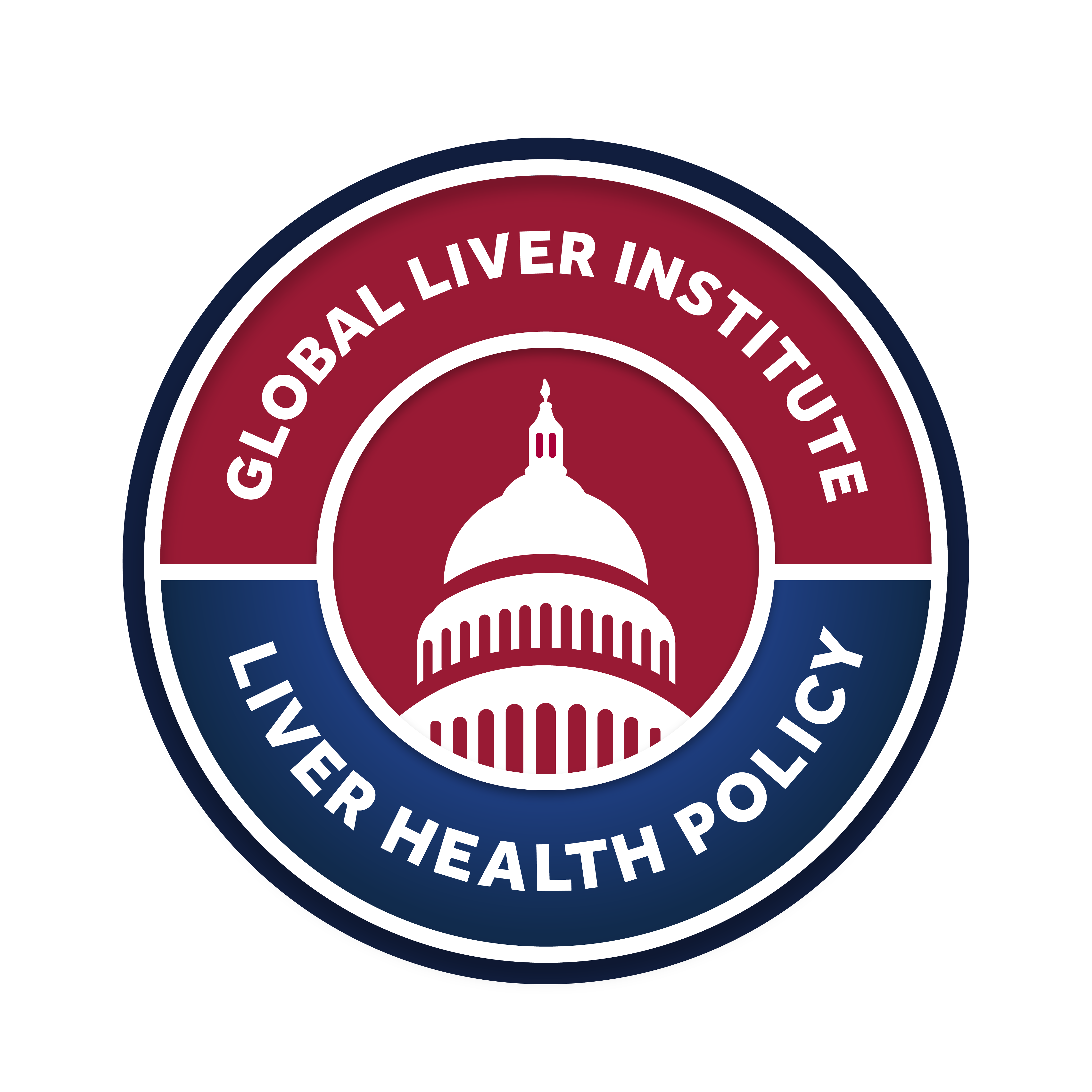
GLI engages with

U.S. Federal Agencies: CMS, CDC, NIH, NIDDK, VA, & more

U.S. Congress

Global Health Agencies: WHO, EMA, & more
Priority Initiatives
Obesity and Liver Health
Obesity and Liver Health: Promote adequate, fair access to treatment for upstream risk factors for fatty liver disease/metabolic dysfunction-associated steatotic liver disease like obesity, diabetes, and other metabolic conditions.
Moving Beyond the Biopsy
Moving Beyond the Biopsy: Reduce barriers to innovative research and necessary treatments for liver disease, including MASH/NASH, by removing biopsy requirements when other effective and approved noninvasive technologies can correctly diagnose
Early Diagnosis of Liver Cancer
Early Diagnosis of Liver Cancer: Ensure new cases of deadly liver cancer are diagnosed during early, more treatable stages through sufficient and widespread access to screening tools.
Hepatitis C Elimination
Hepatitis C Elimination: Establish and implement a nationwide program to screen, diagnose, and treat patients with hepatitis C virus and prevent new infections.
Engaged Initiatives
Safe, Fair, and Productive Organ Transplantation
Safe, Fair, and Productive Organ Transplantation: Support a robust, fair, and active organ donation, procurement, and transplantation system by protecting both living and deceased donors, ensuring equitable allocation, rejecting discriminatory practices, and promoting organ donation.
Reasonable Cost and Access to Treatment
Reasonable Cost and Access to Treatment: Protect patients’ access to life-changing treatments at sensible prices through transparency, proper incentives, and the inclusion of patients’ priorities in decision-making.
Incentivized Research and Development in Rare Disease
Incentivized Research and Development in Rare Disease: Support initiatives that encourage the development of treatments for patients impacted with rare diseases by incentivizing development and distribution of medications
Access to Medically Necessary Foods
Access to Medically Necessary Foods: Ensure patients with rare liver diseases that affect specific digestive pathways receive the treatment they need to survive
Federal Agency Support
Federal Agency Support: Promote robust investment into U.S. agencies that encourage research, development, and innovation into providing patients with services, new technologies, drugs, and other necessary components of health care and patient access care
Key Policies
Cure Hepatitis C Act (S.1941)
-
- Implements a nationwide elimination program for the hepatitis C virus (HCV) in the United States
Medicare Multi-Cancer Early Detection and Screening Act (H.R.842/S.339)
-
- Allows Medicare to cover simple blood tests to screen patients for cancer, leading to early diagnosis and treatment.
HELP Copays Act (S.864)
-
- Requires health care insurers and pharmacy benefit managers (PBMs) to count payments they receive on a patient’s behalf, including payments from nonprofit organizations or drug manufacturers, toward the patient’s annual deductibles and out-of-pocket limit.
Seniors’ Access to Critical Medications Act (H.R.2484)
-
- Allows Medicare patients to receive essential medications by mail or have caregivers and family members pick them up on their behalf. Reported favorably out of committee on April 29 in the House Energy and Commerce Committee.
Pharmacy Benefit Manager (PBM) Transparency Act (S.526)
-
- Bans deceptive and unfair pricing schemes, prohibits arbitrary clawbacks of payments made to pharmacies, and requires PBMs to report to the FTC on how much money they make through spread pricing and pharmacy fees.
Living Donor Protection Act (S.1552, H.R. 4583)
-
- Ensures living donors do not face discrimination from insurance companies, codifies Department of Labor (DOL) guidance that covers living donors under the Family Medical Leave Act (FMLA) in the private and civil service, removes barriers to organ donation, etc.

Advocacy in Action
Educating Congressional staff during annual Hill Days in conjunction with GLI’s Advanced Advocacy Academy
Preparing patient advocates to connect their stories to policy impact for hearings, listening sessions, and other engagements with policymakers
Leading and joining letters to key policymakers to advance liver health and the well-being of liver patients
Aligning and advocating alongside coalition partners to promote the medications, coverage, and access needed for patients
Sharing key events and opportunities with the liver health community through regular webinars and newsletters
Connecting with key players both inside the Capitol and within the public to build and establish GLI as the primary resource for all liver health topics
Global Policy
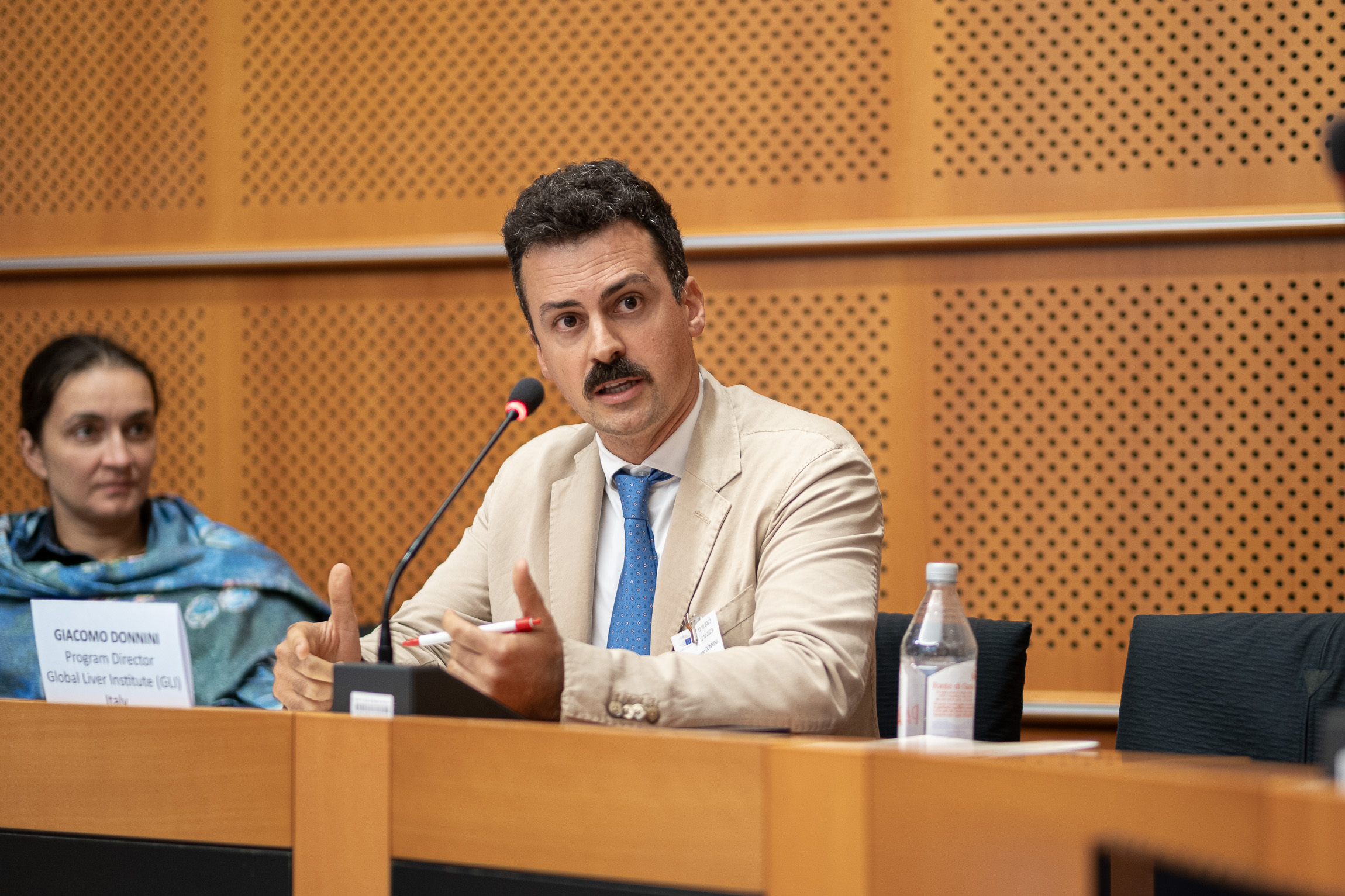
Liver Health Advocacy with the European Parliament
In October 2023, LHPH Director Giacomo Donnini represented GLI at a policy event in partnership with the European Liver Patients Association (ELPA) at the European Union Parliament. The event brought together experts, policymakers, patient advocates, and other stakeholders active in the field of liver cancer to explore what can be done to ensure that no patient in Europe is left behind. As part of efforts to raise consciousness of liver health among Members of the European Parliament, he emphasized the importance of cooperation between all the different actors in the field as a united voice is the only way to convey a strong message to the politicians.
Externally-Led Patient-Focused Drug Development Meetings
Externally-Led Patient-Focused Drug Development (EL-PFDD) Meetings are held to systematically obtain the patient perspective on specific decisions and their treatments to provide context for regulatory decisions for new drugs. GLI holds EL-PFDD meetings with key partners to promote patients’ perspectives as pharmaceutical solutions for liver diseases are developed.
Hill Day Visits
